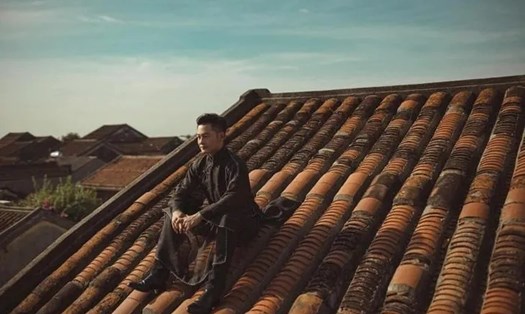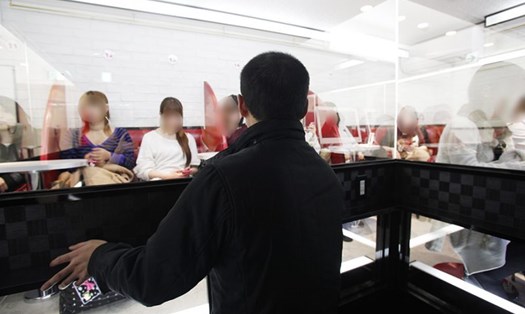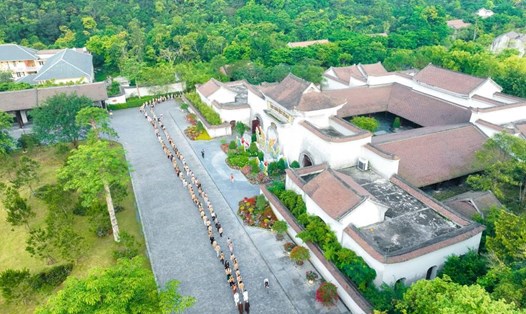Social media has recently been buzzing about photos of a Vietnamese female tourist doing yoga at the famous Gyeongbokgung Palace in Korea, also known as Gyeongbokgung Palace. This is a Joseon Dynasty (1392 - 1910) palace and is also the largest of the five remaining grand palaces in Korea.
This woman even has a series of photos of her doing yoga on Nami Island (South Korea) amidst the autumn leaves or when she traveled to Maldives, Singapore, Bali (Indonesia)...
Many people think that this action is very offensive when taking souvenir photos in a strange way in public: "Extremely rude", "Incomprehensible", "Too much showing off"...
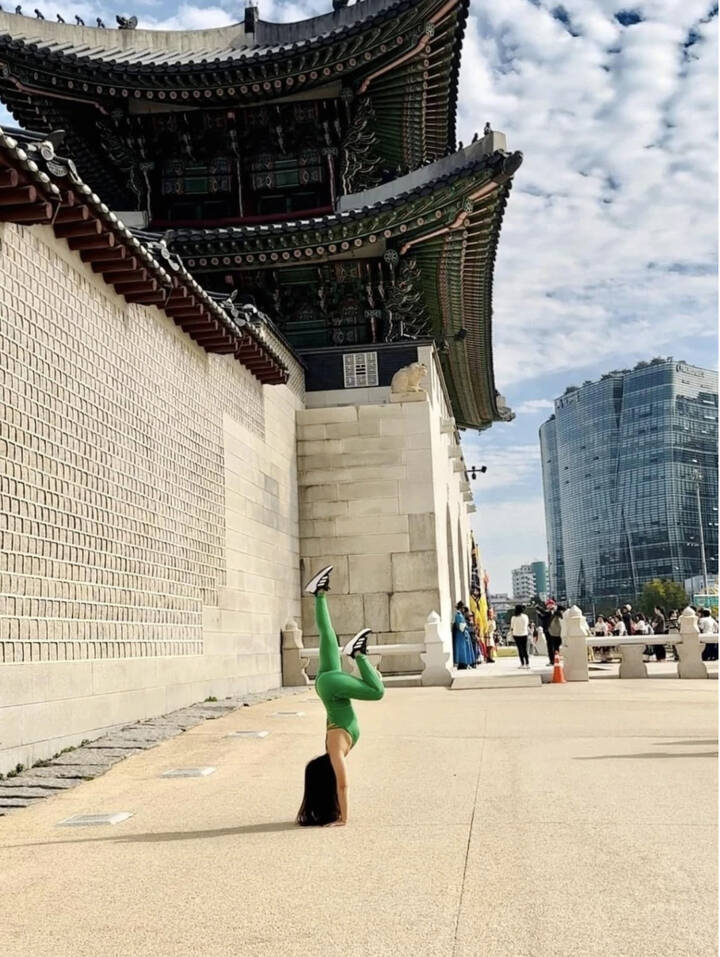
MSc. Le Huy Khoa, Director of the Kanata Vietnam-Korea Language Center, who used to be Coach Park Hang Seo's language assistant, also spoke out about this issue. According to him, according to Korean regulations, acts that are not in accordance with traditional customs can be punished with a maximum of 1 year in prison and a maximum fine of 5 million won (about 100 million VND).
"Unlike European countries, in Korea, individual behaviors in public places are condemned and punished by society, such as hugging and kissing," said Mr. Khoa.
Accordingly, if there are any comments about practicing yoga in an inappropriate place, the Vietnamese female tourist may get into trouble. However, it is necessary to mention the space and time factors that the time the female tourist took the photo was not crowded and her yoga outfit was not too revealing.
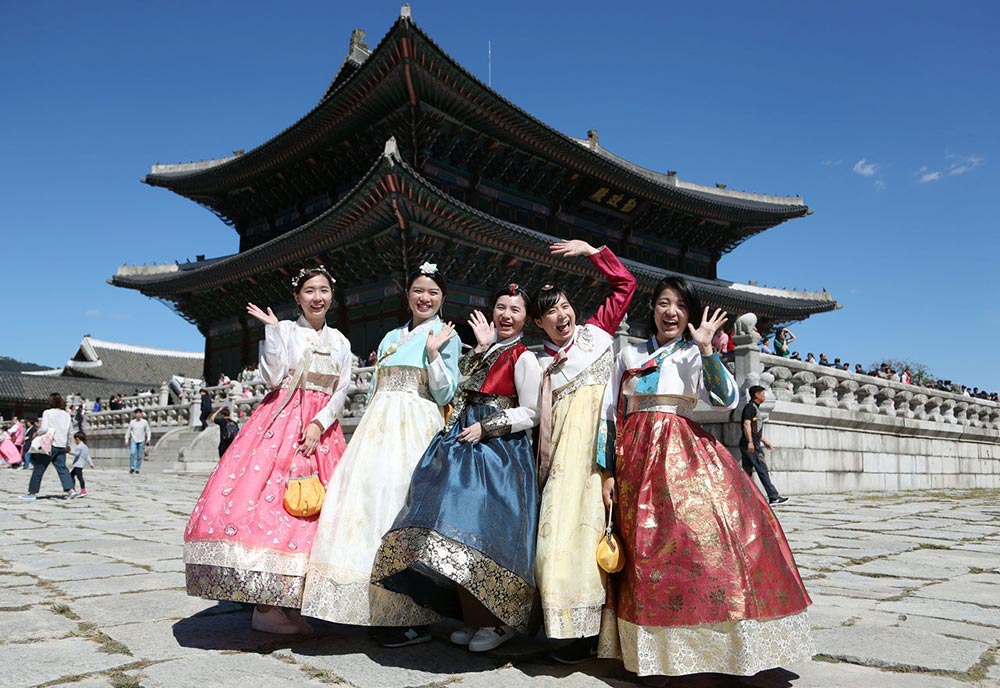
Commenting on the incident, expert Nguyen Son - Vietnam Yoga Queen 2022, shared with Lao Dong: "The above pictures are completely unreasonable because that place is not a place to practice yoga. It is a historical relic, visitors when coming need to show solemnity, respect, and only perform sightseeing activities".
At the same time, with many years of experience practicing and teaching yoga, she revealed 4 unsuitable places to practice yoga, including: sacred and revered places such as pagodas, temples, shrines; noisy places, polluted air; on the streets, in public transportation; at weddings and events unrelated to yoga.
Ms. Nguyen Son recommends practicing yoga in the gym, in private spaces or performing at large events in open, natural areas, avoiding wearing clothes and creating yoga poses that are offensive and affect those around you.
She added: "This girl needs to review and change her lifestyle and practice yoga more correctly. The philosophy of yoga is love, forgiveness and gratitude, so I think we should forgive her for her actions. Because of her passion, she acted wrongly. We need more understanding and love from the community for those who practice yoga."
Mr. Le Huy Khoa commented that in Korea, the number of people practicing yoga has also increased significantly. However, showing off one’s body and dressing sexy while practicing should only be shared privately or in separate yoga groups.
"In addition to complying with legal regulations, people need to comply with social regulations such as customs and codes of conduct. Sometimes, just because of a sensitive action of an individual, it affects the image of a group. Obviously, we need to be very careful when abroad," he said.
Previously, a group of women caused controversy when they posed for yoga on top of Fansipan, Lao Cai. This moment was shared by a foreign tourist on social media. She described in a video posted on October 20: "This is the view from the top of Fansipan."
Or last May, 14 women in Thai Binh who practiced yoga and took photos in the street were administratively fined for illegally gathering in large numbers, obstructing traffic.
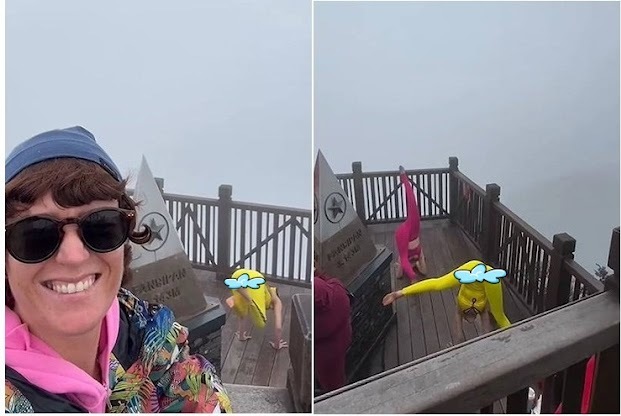
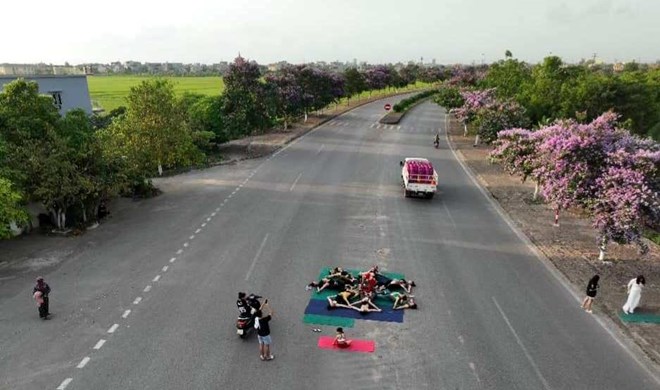
Some people think that practicing yoga and working out while traveling is normal. However, most people think that doing yoga poses at tourist attractions and public spaces is offensive and not appropriate for public behavior.

